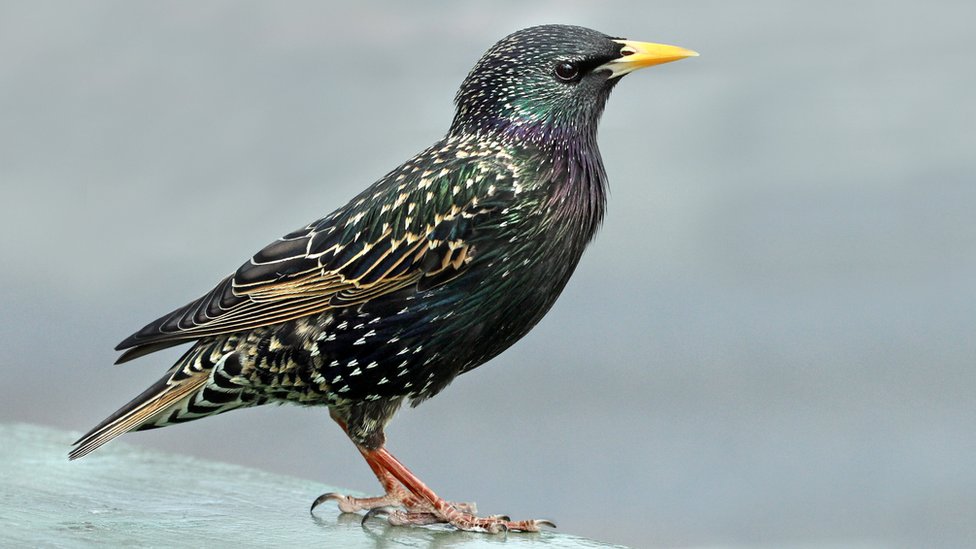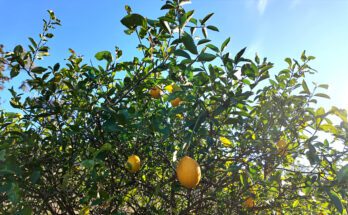An engineer investigating mystery power outages in a Scottish village has discovered they were caused by a spectacular murmuration of starlings.
Villagers in Airth, near Falkirk, were bewildered by the brief early-evening interruptions to their power supply.
Initially power firm SP Energy Networks was also unable to explain the problem.
But their engineer Neil McDonald finally solved the mystery when he spotted thousands of birds “dancing” on overhead power cables.
The starlings were causing the lines to bounce and the power to trip between them, causing power cuts of just a few minutes in about 50 local homes.
Mr McDonald captured the spectacle on his phone.
“It was a mass aerial stunt by these amazing birds and in all my 14 years working for SP Energy Networks, I have never seen anything like it,” Mr McDonald said.
“For all the birds looked small, the sheer number of them caused the wires to bounce up and down as they danced on and off – there’s actually three wires between those poles and when they clash together, the power will go off for around 10 seconds or so at a time.
“That’s what’s been happening quite frequently, with some of these clashes causing wider damage and longer outages.”

image copyrightGetty Images
He said the firm would work with RSPB Scotland to find ways to discourage the birds from the power lines.
It could involve playing loud noises – like the sound of a predator sparrowhawk – to put them off roosting in a specific location.
“We’ve successfully managed to move on roosting geese in the past so hopefully our starling community can be encouraged to safely relocate somewhere that doesn’t impact our power supplies, and local communities, quite so much,” he added.
Ross Galbraith, SP Energy Networks district general manager, said: “It’s completely breath-taking to watch, although not something we’ve ever experienced before.
“There’s been several unexplained outages around dusk in recent weeks but given the work we’ve been doing to make sure our network is resilient ahead of winter, we haven’t been able to get to the bottom of it until now.”

Murmurations of starlings see huge numbers of the birds swoop and dive in unison.
They group together for safety, to keep warm at night, and to exchange information such as good feeding areas.
They gather over their roosting site and perform their stunts before they roost for the night.
Toby Wilson, of RSPB Scotland, said starling murmurations are becoming rarer as bird numbers decline due to loss of habitat and changing farming techniques.
“Obviously, we recognise the need to maintain energy networks and hope the birds can be sensitively encouraged to relocate to a suitable, nearby site,” he added. “We are happy to work with SP Energy Networks to advise on this.”
Read MoreFeedzy


